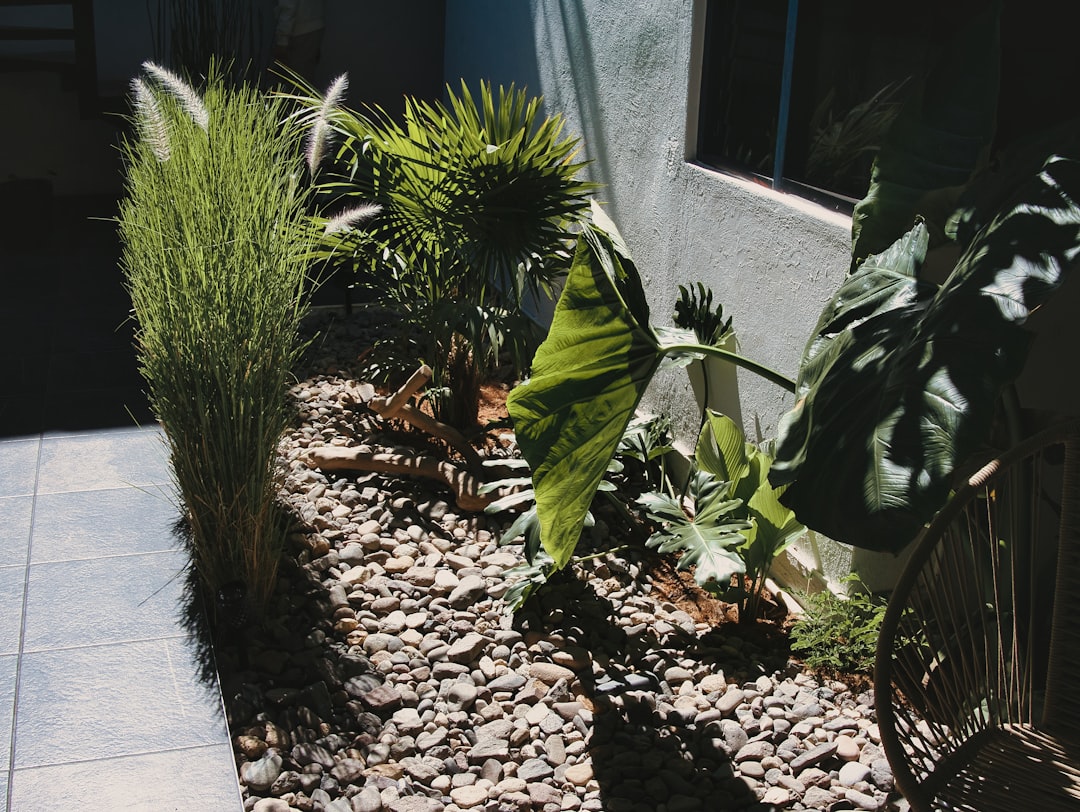Unveiling the Secrets of Yard Composting

Composting is a remarkable practice that not only enriches your soil but also contributes to a more sustainable and eco - friendly home. In the world of gardening, yard composting stands as a cornerstone for nurturing healthy plants and reducing waste. Let's explore 17 surprising items that you can add to your compost pile and some essential composting tips.
First off, let's talk about those items you might not have considered compostable. Fruit pits are a great addition. They are rich in nutrients and will gradually break down over time, adding valuable minerals to your compost. Whether it's peach pits, cherry pits, or apricot pits, toss them in the pile. Wine corks, made from natural cork material, are also compostable. They decompose slowly, but they do contribute to the organic matter in the compost.
Another unexpected item is shredded paper. Newspaper, office paper, and even cardboard can be shredded and added to the compost. They provide carbon, which is essential for the composting process. Eggshells are a well - known composting ingredient, but many people don't realize how beneficial they are. They are a great source of calcium, which helps in plant growth. Crush them up before adding them to the compost for faster decomposition.
Hair and fur are also compostable. If you have pets, collect their fur when you brush them, or save your own hair trimmings. They are rich in nitrogen and will break down relatively quickly. Sawdust from untreated wood can be added to the compost, but use it sparingly as it can be high in carbon. Leaves are a classic composting material, but make sure to shred them first to speed up the decomposition process.
Now, let's move on to some composting tips. One of the most important things is to maintain the right balance of carbon and nitrogen in your compost pile. Carbon - rich materials like leaves, paper, and sawdust are known as 'browns', while nitrogen - rich materials such as grass clippings, food scraps, and manure are 'greens'. Aim for a ratio of about 3 parts browns to 1 part greens.
Proper aeration is crucial for a healthy compost pile. Turn the pile regularly using a pitchfork or a compost turner. This helps to introduce oxygen, which is necessary for the microorganisms that break down the organic matter. If the pile is too compacted, the decomposition process will slow down, and it may start to smell bad.
Moisture is another key factor. Your compost pile should be as moist as a wrung - out sponge. If it's too dry, the decomposition process will stall. If it's too wet, it can become anaerobic and produce a foul odor. You can add water when the pile is dry or cover it during heavy rains to prevent it from getting too wet.
Location matters as well. Place your compost pile in a partially shaded area. Too much sun can dry out the pile, while too much shade can keep it too wet. Also, make sure it's easily accessible so that you can add materials and turn the pile regularly.
When adding food scraps to the compost, avoid adding meat, dairy products, and oily foods. These can attract pests and take a long time to decompose. Stick to fruits, vegetables, and other plant - based food scraps.
As your compost matures, it will turn into a dark, crumbly, and earthy - smelling substance. This is the finished compost, which can be used to enrich your garden soil. Spread it around your plants, mix it into potting soil, or use it as a top - dressing for your lawn.
In conclusion, yard composting is a rewarding and eco - friendly activity. By adding these 17 unexpected items to your compost pile and following these essential tips, you can create high - quality compost that will benefit your garden and the environment. So, roll up your sleeves and start composting today!